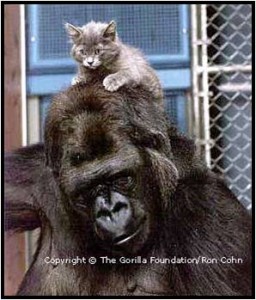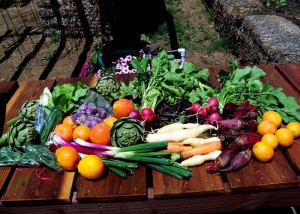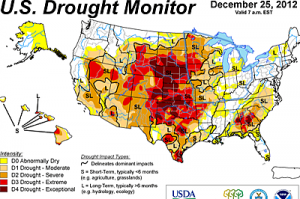 Here is a very sound paper on the activities of the pro-GMO lobby, and their assault on the integrity of science.
Here is a very sound paper on the activities of the pro-GMO lobby, and their assault on the integrity of science.
The pro-GM lobby's seven sins against science
Peter Melchett
Soil Association, 17 December 2012
The role that genetically modified (GM) food should play in our food chain is a highly contested political issues. One interesting facet of the debate in the past year has been the pro-GM lobby's interest in staking the ‘scientific high-ground'; simultaneously positioning itself as the voice of reason and progress, while painting its opponents as unsophisticated ‘anti-science' luddites, whose arguments are full of dogma and emotion, but lack scientific rigour. In this essay Peter Melchett explores how such crude characterisations are themselves based on logic that is itself profoundly damaging to the concept and representation of ‘science' in our national culture.
Powerful forces in Western society have been promoting genetic engineering (now usually genetic modification – GM) in agricultural crops since the mid-1990s. They have included many governments, in particular those of the USA and UK, powerful individual politicians like George Bush and Tony Blair, scientific bodies like the UK's Royal Society, research councils, successive UK Government chief scientists, many individual scientists, and companies selling GM products. They have ignored the views of citizens, and most sales of GM food have relied on secrecy – denying consumers information on what they are buying (20 US States are currently embroiled in fierce battles over GM labelling, strenuously opposed by Monsanto). Worse, they have consistently promoted GM in ways which are not only unscientific, but which have been positively damaging to the integrity of science.
. . . . . . . . . .
Indeed, the basic science concerning the complexities of gene organisation and function suggests that natural breeding, often augmented with the non-GM biotechnology tool of MAS, is a far more powerful and productive way forward for crop improvement. Natural breeding and MAS not only preserve gene order and function, but allow the multiple gene systems that confer desirable properties such as higher yield,1 2 3 4 5 pest-6 7 8 9 10 and blight-resistance,11 12 13 and tolerance to drought,4 14 15 16 17 salinity,4 18 and flood,4 19 20 21 to be rapidly and relatively inexpensively22 bred into crops – something which is still only a distant dream for GM crop technologists.
. . . . . . . . . .
Seven Sins (List Only Below, or Read Full Article)
Continue reading “SchwartzReport: Seven Sins of GMO Lobby — Toxicity & Infertility — True Cost of Commercialization and Corruption of Basic Science”





